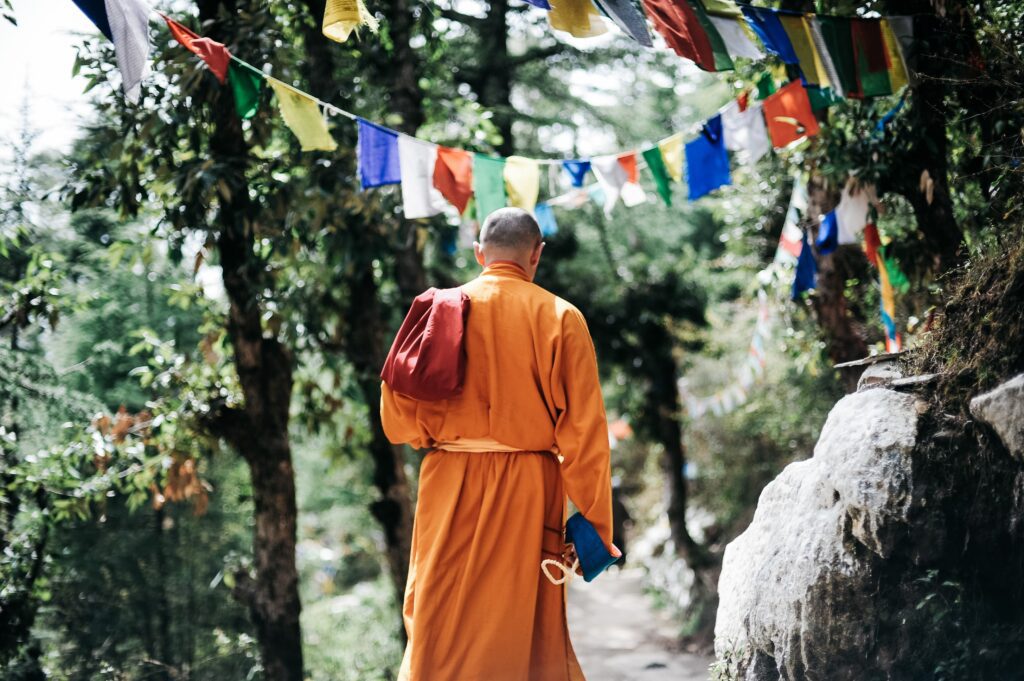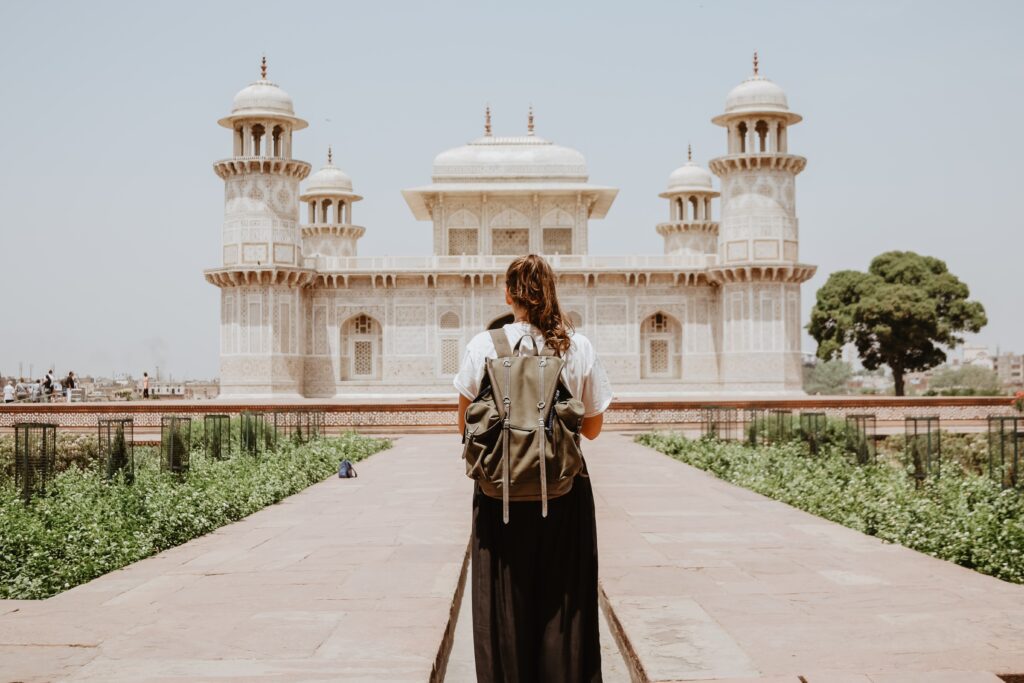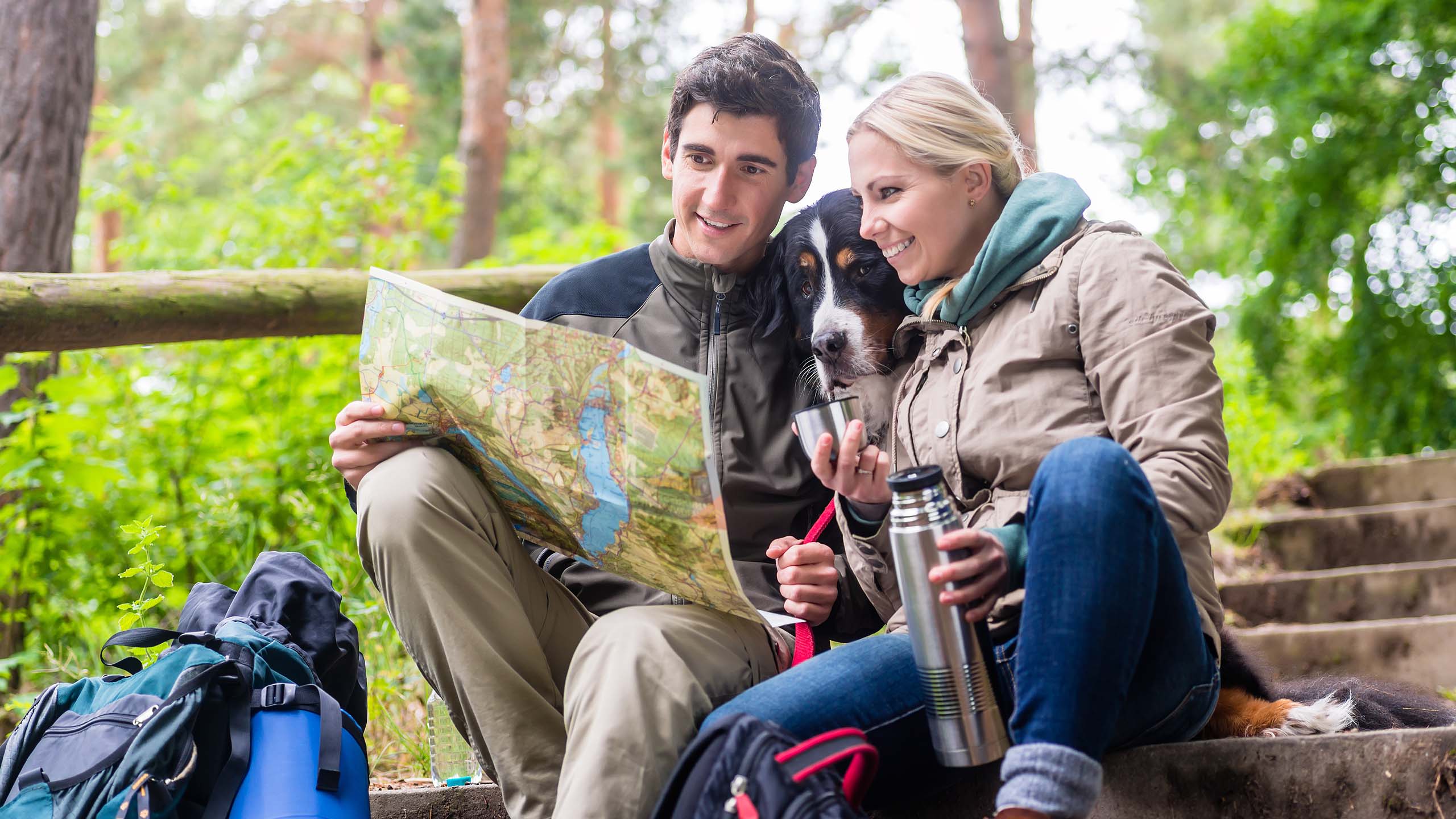Sustainable Travel to Respect Cultures & Communities
You may be thinking what does respecting cultures and communities mean when it comes to sustainable travel? Also, why should it matter as a traveller?
Being a traveller, exploring our globe is a wonderful feeling, experiencing new sights, meeting new people, eating new cuisines, engaging in new activities, the benefits and reasons for exploring our globe are endless!
The reason to travel is different for every individual, yet we each have a collective responsibility to travel in a sustainable manner, which provides positive outcomes for everyone and everything during our travels.
First, let’s understand what sustainable travel is.

What is Sustainable Travel?
“Sustainable travel” is a term which has been used and around for decades, yet has gained momentum over recent years due to increase focus on the need to protect our planet, plus the massive increase of people now travelling across our globe is impacting our planet, and the frequency for which we travel.
Sustainable travel derives from the United Nations World Tourism Organization (UNWTO) sustainable tourism term of “Tourism that takes full account of its current and future economic, social and environmental impacts, addressing the needs of visitors, the industry, the environment and host communities”. With tourism referring to “the activity of visitors, and a visitor is a particular type of traveller and consequently tourism is a subset of travel” (UNWTO).
Ultimately as a traveller, it means to provide current and future positive impact to the natural environment, support local communities and cultures, whilst ensuring economic benefits are sustained within local communities. Sustainable travel encompasses three pillars when travelling:
- People – social connections, communities, cultures
- Planet – environment, animals, nature
- Profit – economy
From an individual’s point of view, it’s about making positive decisions when you travel, to ensure local people and the natural environment are both benefited, whilst providing positive funds stay within local communities.
When traveling, it’s about firstly being aware of all three pillars, and how they can interact and link with each other. Then it’s having the behaviours and taking actions, which provide positive impacts towards those pillars, for both the current state and also future state into account.
Read more about sustainable travel, and how your travels could be improved.
Who’s Responsible for Sustainable Travel?
Not one person, community, organisation, or country is in charge of ensuring sustainable travel. We each individually need to contribute to our longevity of Earth.
We as travellers need to positively contribute to our globe, by taking small actions every time we travel, whilst possibly changing our habits and mindset going forward.
Whilst there are various organisations with a mission and purpose to provide guidelines for destinations and properties to adhere to sustainable practices, these are independent and not mandated across the globe.
There are also certifying bodies and guiding principles which allow destinations, properties, and providers, to meet certain sustainable practices and standards. These principles are non-mandatory for destinations, properties and providers to adhere to, yet they are beneficial as they inform stakeholders, including travellers, that they provide and adhere to sustainable practices.

What are Cultures & Communities?
Sometimes we think cultures and communities are simply meant by “people”, yet it’s more in depth than that. Culture is “a set of distinctive spiritual, material, intellectual and emotional features of society or a social group” (UNESCO, 2001). Community is “the people living in one particular area or people who are considered as a unit because of their common interests, social group, or nationality” (Cambridge Dictionary).
Placing them together, with the emphasis of sustainability is “Respect the authenticity, traditional values and cultural heritage of host communities and contribute to cross-cultural understanding; and ensure viable businesses, and distribute economic benefits to all stakeholders equitably” (UNWTO-UNEP, 2008).
One main driver for people to travel, is to experience cultures across the globe, yet people are often surprised by different cultures and living standards when they travel. One purpose of travel, is to experience and learn different cultures so it increases our global awareness and learnings.
We are a multi cultural and multi national planet, that is what makes earth beautiful. When travelling, respect that some destinations have different standards of living than your own, that doesn’t mean they are less or more happier.
Why Care for our Cultures & Communities?
We as travellers need to understand why a destination is the way it is, with one aspect being the local people who live there. One reason locals are able to hold on to their traditions, is because they withhold from modifying their culture to suit certain tourist needs. If they adopted mainstream amenities, facilities and technologies they would lose their authenticity and traditional values.
Would you rather experience a true authentic destination, including different living standards, change in meals options, possible reduction of creature comforts, or a fake destination that is more similar to home life yet with a performance of what traditions use to be?
It would be disrespectful to ask the local people where we travel, to change who they are to meet your expectations. The world would be a boring place if we all shared the same traditions and cultures, that’s one of the reasons why we like to travel, to experience the diversity of each country’s culture. We cannot expect local people to change their culture to suit your homeland culture, yet unfortunately with the increase in tourism popularity, some local people may drop their usual cultural beliefs and traditions, so they can maintain an income when tourists visit their area.
With the increase in travel numbers, unfortunately overtoursim is continually becoming more popular at certain destinations, which negatively impacts the authenticity of a location and the local people living within them. Which may also lead onto displacement of local people to other regions which are more affordable to live in.
We sometimes can travel with a short term mindset, as we don’t live at a destination, so why care how we treat locals if we’re only there for a few days or a few weeks. However if all travellers had this careless attitude, overtime it builds up and negatively impacts locals. They will lose their authenticity, traditional values and cultural heritage. Therefore over time all countries and destinations will become the same, how boring would that be.

How Can We Be More Conscious Travellers?
Most people feel they alone cannot make an impact towards sustainable travel, which is not necessarily true. If everyone makes small behaviour changes and makes appropriate sustainable choices, it will collectively make a positive impact to respect cultures and communities.
We should make conscious and positive decisions, that first protect our cultures and communities, to ensure we maintain authenticity, traditional values, cultural heritage, cultural sensitivities, indigenous beliefs and food origins of a destination.
Before we start to explore a destination when we arrive, we should have the mindset to always honor and learn about the place we’re visiting, and support the community as a whole. It is about understanding that you are a guest for where you are travelling to, and showing the local people the support and respect you would if visiting someone in their own home.
Questions to ask yourself:
- Do your holiday plans positively or negatively impact traditions, cultures, indigenous beliefs?
- Are you able, and more importantly willing, to adjust your plans slightly on how or where you travel to benefit local people?
- How could you learn about traditional values, cultural sensitivities, indigenous beliefs and food origins when you’re exploring a destination?
In general, it doesn’t take much effort to respect a culture or tradition, possibly wearing different or modest clothing might be required, or withhold from taking certain photos, otherwise it simply means being polite to people and trying to understand their beliefs. It helps to learn about local cultures and communities by speaking to local people, getting involved in traditional events to help educate yourself, and spending time with local families to see how they live their lives.
During your planning and research stage, consider taking the time to read the CSR (Corporate Social Responsibility) of organisations, accommodation and tour operators, to read their ethical position, which is normally found on their website under ‘About Us’ section or in the website footer.
Changing a habit isn’t easy, yet is achievable with consistent focus and determination. It’s our time to protect our globe and our communities, so future generations have places to explore and visit.
Think of the future traveller, just like you…. they will thank you.


